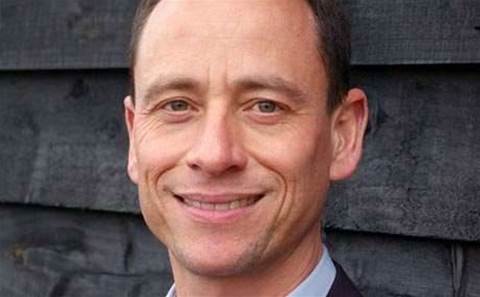The failure of US cloud operator Nirvanix shows that the rapid rise in public cloud is built on unsustainable margins, according to channel research body Canalys.
The public cloud market leans massively toward Amazon Web Services, which is expected to generate $3.8 billion of revenue – more than the next five major players combined, which are forecast to turn over a total of $2.4 billion, said Canalys chief executive Steve Brazier at the the organisation's two-day conference in Thailand.
However, none of it is profitable, he added.
"Infrastructure-as-a-service is already commoditised: competitive and too much capacity, under-utilised and not profitable."
He pointed out that despite this, other vendors such as VMware had "panicked" and rushed into the sector. "IBM is following. So is Microsoft."
[Related: Dell, Equinix listed as Nirvanix top creditors]
Brazier expected further closures akin to the recent failures of US provider Nirvanix.
"There will be more. It is not possible for an industry to grow at this rate, without profits and for everyone to survive."
However, there are also upsides to public cloud, and there will be opportunities for the channel.
"The cloud service market started as a direct sale but that is changing. The cloud service providers are realising that if they want to reach SMB businesses around the world, they need the channel," said Brazier.
Canalys expected the NSA's Prism spying program to be the biggest influencer of public cloud, driving three trends: a push to better encryption services; a move to open source, again driven by fears over hacking; and a push toward local, in-country hosting.
"More and more companies are insisting that their data is kept in their country so at least they know the regulatory environment they are in.
"Brazil is discussing whether to put in legislation that any service providers operating in Brazil must have servers in the country."
He said the country was also looking to put in cable to re-route internet traffic to avoid the US.
One Aussie delegate at the Canalys Channel Forum, Sundata chief executive Kon Kakanis, said this chimed with the experiences of his Brisbane-based company. "We're really seeing that," he told CRN.
"We are seeing customers expressing more interest in where the assets they are leveraging physically sit. What’s the address? That's what Steve Brazier said – it is driving local business because people don’t want their data exposed to some other jurisdiction or to Homeland Security and the FBI," added Kakanis.
This trend could be an advantage for HP, with Canalys keynote speaker Meg Whitman telling delegates that the vendor had data centres in "the top 40 countries round the world".
"The benefit of HP is we have invested in data centres in most major countries around the world. Before cloud, most of our customers required their data centres to be in country and now with cloud that has intensified."
The Bangkok event was the second-ever APAC event and followed on the heels of the Canalys Channels Forum EMEA, which ran from 1 to 3 October 2013 in Barcelona.
Steven Kiernan is a guest of Canalys in Bangkok.




.jpg&h=142&w=230&c=1&s=1)







.jpg&w=100&c=1&s=0)
_(8).jpg&w=100&c=1&s=0)











